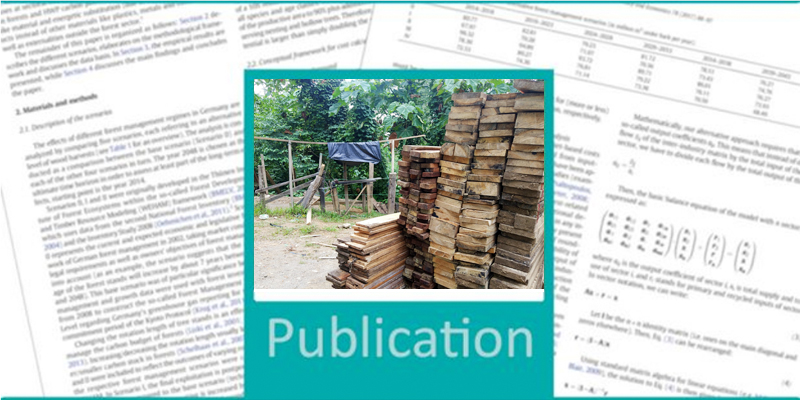The published research article contributes to a better understanding of deforestation drivers across spatial scales and tropical contexts. This knowledge is a precondition for the design and implementation of efficient international policies and coherent land use strategies, such as REDD+.
This study makes use of empirical evidence to provide highly significant spatial econometric models of pantropical deforestation. In total, the analysis considers over 3,000 subnational units of Zambia, Ecuador and the Philippines. The research identifies recurrent significant drivers of deforestation across contexts and scales: namely, population pressure (with a strikingly strong influence on forest cover) and the suitability of the land for crop production.
An increased heterogeneity of drivers and spatial dependencies is observed at more local scopes, revealing that certain deforestation forces occur independently of the existing de jure governance boundaries (leakage effects). These results suggest that, in order to achieve a long-term impact on the ground, policy instruments need to have enough flexibility to be modified and adapted to specific national, regional or local conditions.
- Ferrer Velasco R, Köthke M, Lippe M, Günter S (2020) Scale and context dependency of deforestation drivers: Insights from spatial econometrics in the tropics. PLoS One 15(1):e0226830, DOI:10.1371/journal.pone.0226830
PDF Dokument (nicht barrierefrei) 3846 KB









